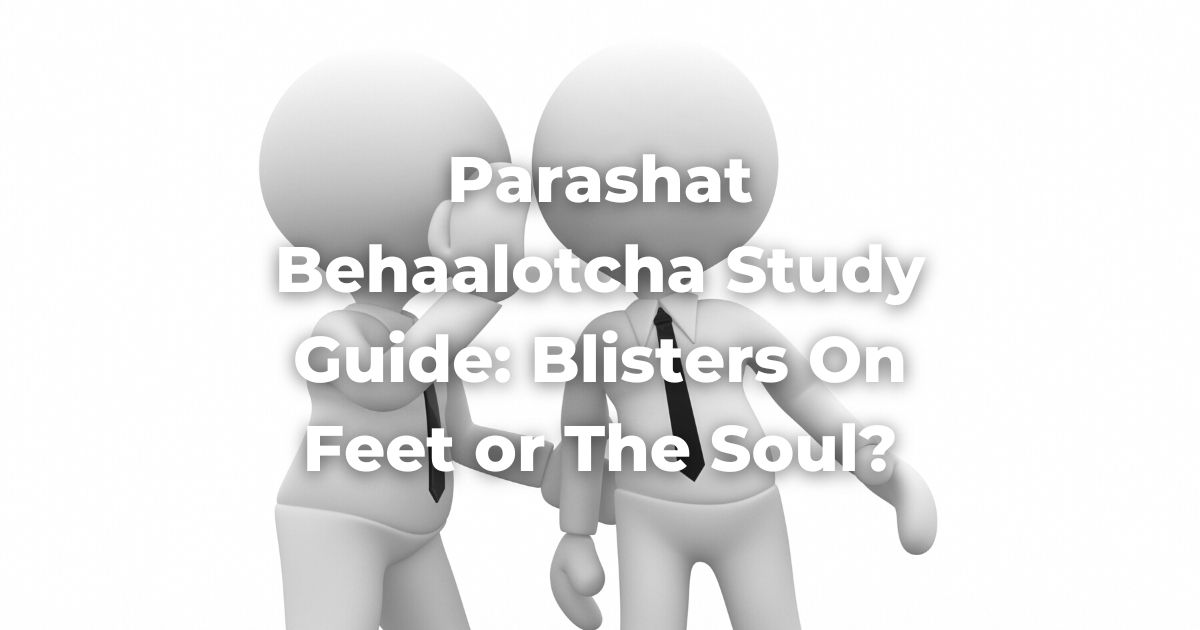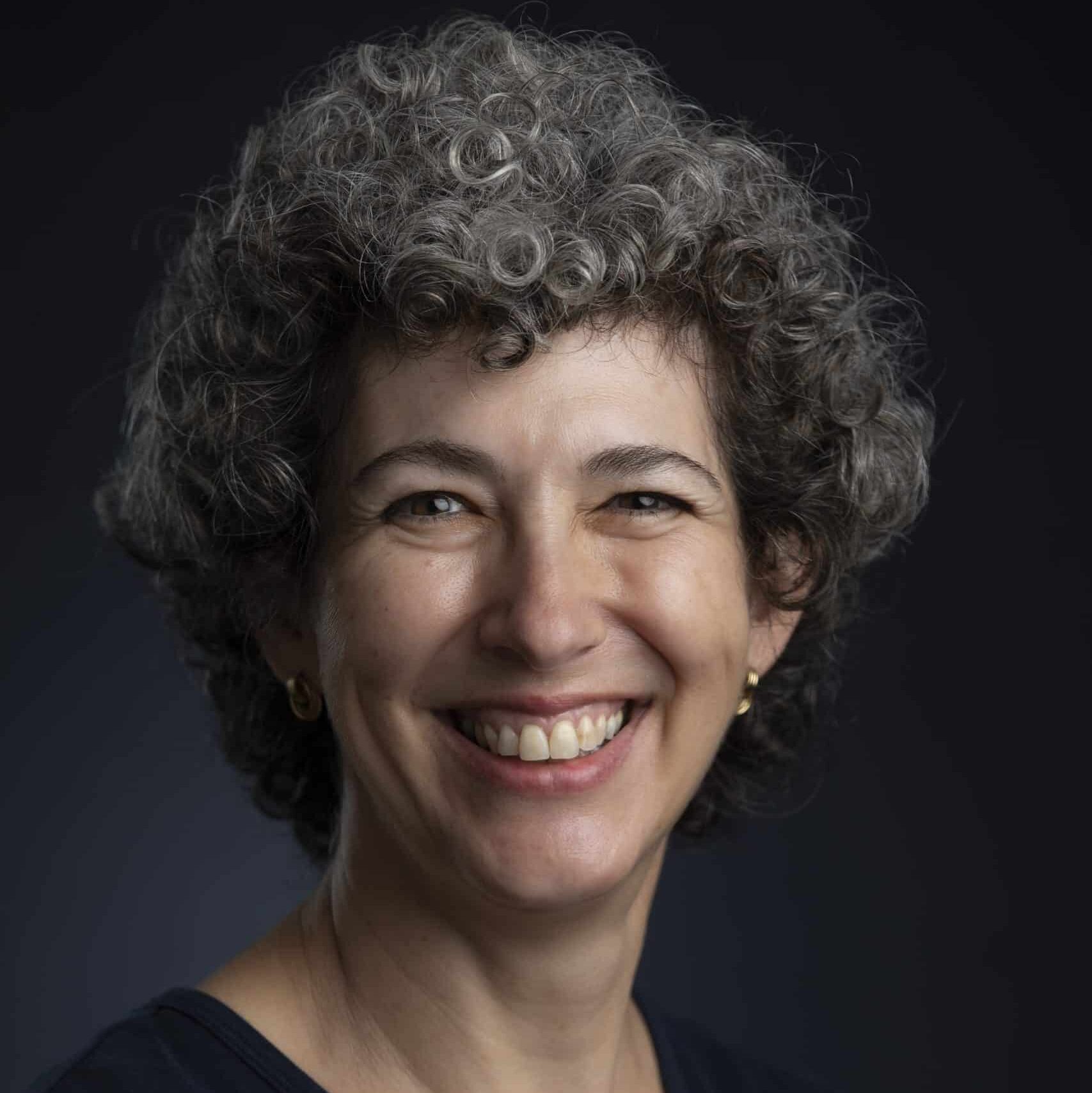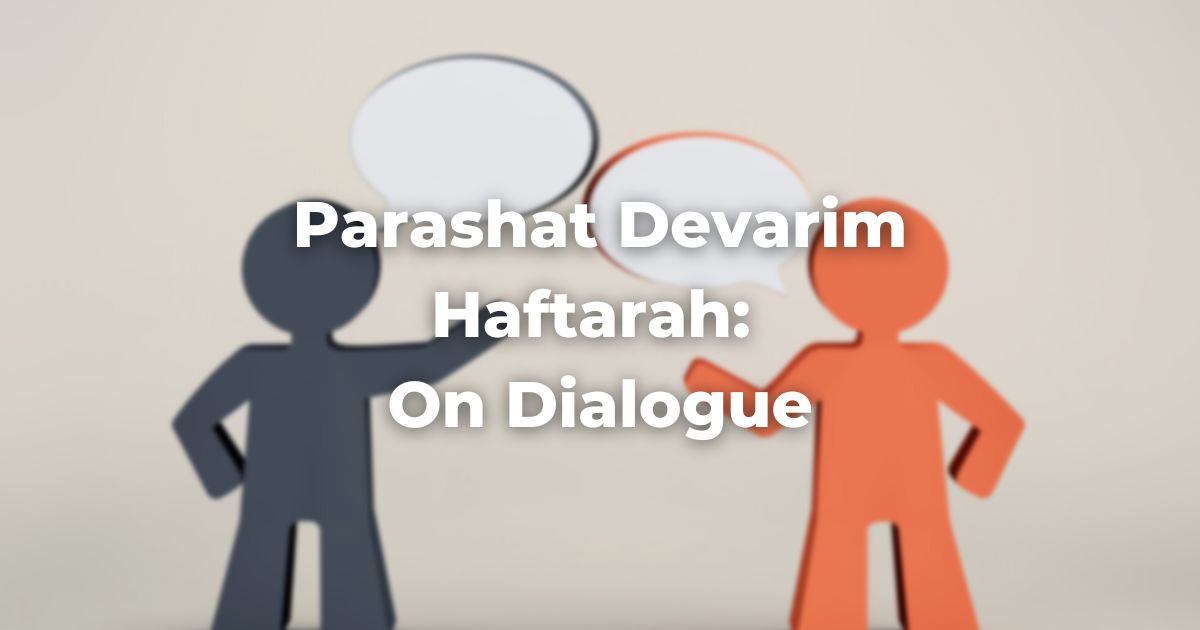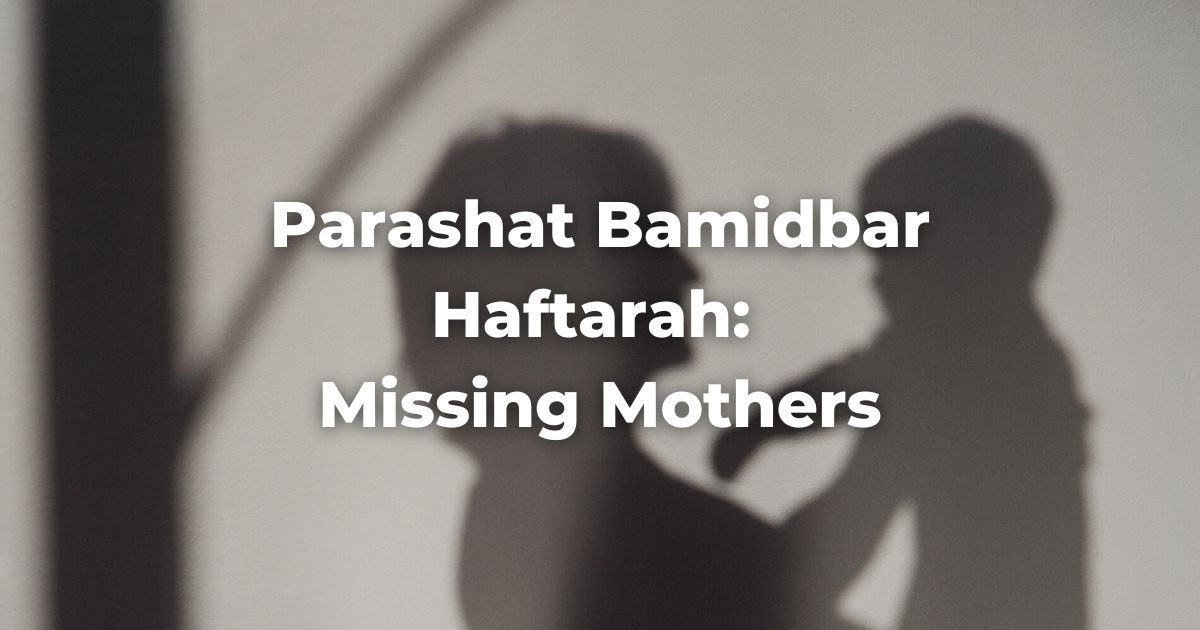Text: Bemidbar 10:33-11:1
10:33 And they departed from the mount of the LORD three days’ journey: and the ark … went before them … to search out a resting place for them … 11:1 And the people were as murmurers, [speaking] evil in the ears of the LORD; and when the LORD heard it, His anger was kindled; and the fire of the LORD burnt among them and devoured in the uttermost part of the camp.
- What did the people do to kindle God’s anger?
- How is a person “as a murmurer (complainer)”? Why is the complaint not stated?
- How does one speak evil in the ears of the LORD? Why would one do this?
Commentary: Rashi on Bemidbar 11:1
As murmurers—The term “as murmurers” denotes [people who seek] “a pretext” — they seek a pretext to separate themselves from following the Omnipresent.
- According to Rashi, what is the motive behind the murmuring?
Evil in the ears of the LORD means a pretext that was evil in the ears of the Lord; they intended that it should reach His ears and cause annoyance. They said: “Woe unto us! How weary we have become on this journey: it is now three days that we have had no rest from the wearisomeness of the march!”
- Why is this evil in the ears of God?
- What kind of crisis is developing in this verse?
Commentary: Ramban on Bemidbar 11:1
The correct interpretation appears to me to be that as they got further away from Mount Sinai, which was near an inhabitable settlement, and entered the great and dreadful wilderness in their first journey, they became upset and said: “What shall we do? How shall we live in this wilderness? What shall we eat and what shall we drink? How shall we endure the trouble and the suffering, and when shall we come out of here?” The language of murmuring … is an expression indicating pain, and feeling sorry for oneself …
Thus, when Scripture states that they felt anxious and upset, it has thereby already mentioned and told [the nature of] their sin … They spoke in the bitterness of their soul as do people who suffer pain, and this was evil in the sight of the Eternal, since they should have followed Him with joyfulness, and with gladness of heart by reason of the abundance of all good things which He gave them, but they behaved like people acting under duress and compulsion, murmuring, and complaining about their condition.
- According to Ramban, what is the crisis?
- Why was this evil in God’s ears?
- Rashi and Ramban assume that the people said similar things. What is the fundamental difference between their understanding of the event? Which is more severe? Why?
See more: Parashat Behaalotcha
Originally posted as part of the Conservative Yeshiva at the Fuchsberg Jerusalem Center’s Torah Sparks. Support TorahRefers to the first five books of the Hebrew Bible, the Tanakh, also called the Five Books of Moses, Pentateuch or the Hebrew equivalent, Humash. This is also called the Written Torah. The term may also refer to teachings that expound on Jewish tradition. Read more learning from the Fuchsberg Jerusalem Center/Conservative Yeshiva for leaders and seekers around the world here.
Authors
-

Vered Hollander-Goldfarb teaches Tanach and Medieval Commentators at the Conservative Yeshiva and is a regular contributor to Torah Sparks, FJC’s weekly message on the weekly Torah portion. She received her M.A. in Judaic Studies and Tanach from the Bernard Revel Graduate School of Yeshiva University and studied at Bar-Ilan University and the Jewish Theological Seminary. Before making aliyah, Vered taught at Ramaz School and Stern College in New York.
View all posts -



The Fuchsberg Jerusalem Center (FJC) is a home in the heart of Jerusalem where leaders and seekers can find an authentic place in Jewish tradition to call their own. FJC offers opportunities to study, pray and explore within an egalitarian and inclusive setting, creating multiple pathways for finding personal and communal meaning.
View all posts






